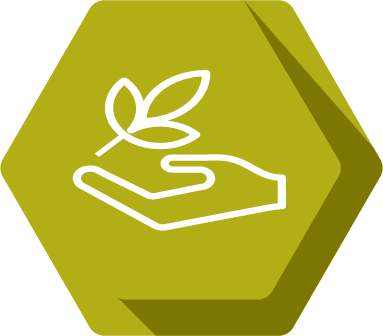Demitria Wetzka

Pronouns: she/her
Research Mentor(s): Kelly Askew, Professor
Research Mentor School/College/Department: Department of Afroamerican and African Studies/Anthropology, College of Literature, Science, and the Arts
Presentation Date: Thursday, April 22, 2021
Session: Session 1 (10am-10:50am)
Breakout Room: Room 1
Presenter: 4
Abstract
Indigenous Africa began as a way to spread awareness of evictions and land grabbing against the Maasai people in Tanzania. The project serves to be a center of information for various groups of people. The project now encompasses many different countries and ethnic groups. Today, we cover all regions of Africa and have nearly 80 cases covering a diverse array of both peoples and issues happening across the continent. We break down cases into seven different categories: Conservation, Agribusiness, Infrastructure, Refugee Crises, Mining, Farmer Conflicts and Urban Expansion. Every case is listed under a file. It provides an overview of each case’s name, where it is occurring, who it is assigned to, when it was last updated, when it was last posted to our social media accounts, and the relevant bit.ly link we use when promoting it. Our shared Google Drive account contains a folder for every country we have researched. This is where we store all relevant articles, case drafts, blog posts, research papers, photos, etc. In the past two decades, indigenous peoples in Africa have experienced a sharp increase in violations of their human rights and intensified efforts to appropriate their land and water resources. Indigenous peoples include pastoralists (herders), agro-pastoralists (who mix herding with farming), and hunter-gatherers (who forage and hunt small game). These communities depend heavily on land and water resources that they have accessed for generations, hence the loss of these resources threatens their livelihoods and existence. Violations in indigenous communities do not receive enough media coverage of the injustices that impact them, and this lack of attention continues to hinder support for indigenous peoples to maintain their traditional lifestyle.
Authors: Demitria Wetzka, Kelly Askew
Research Method: Qualitative Study







